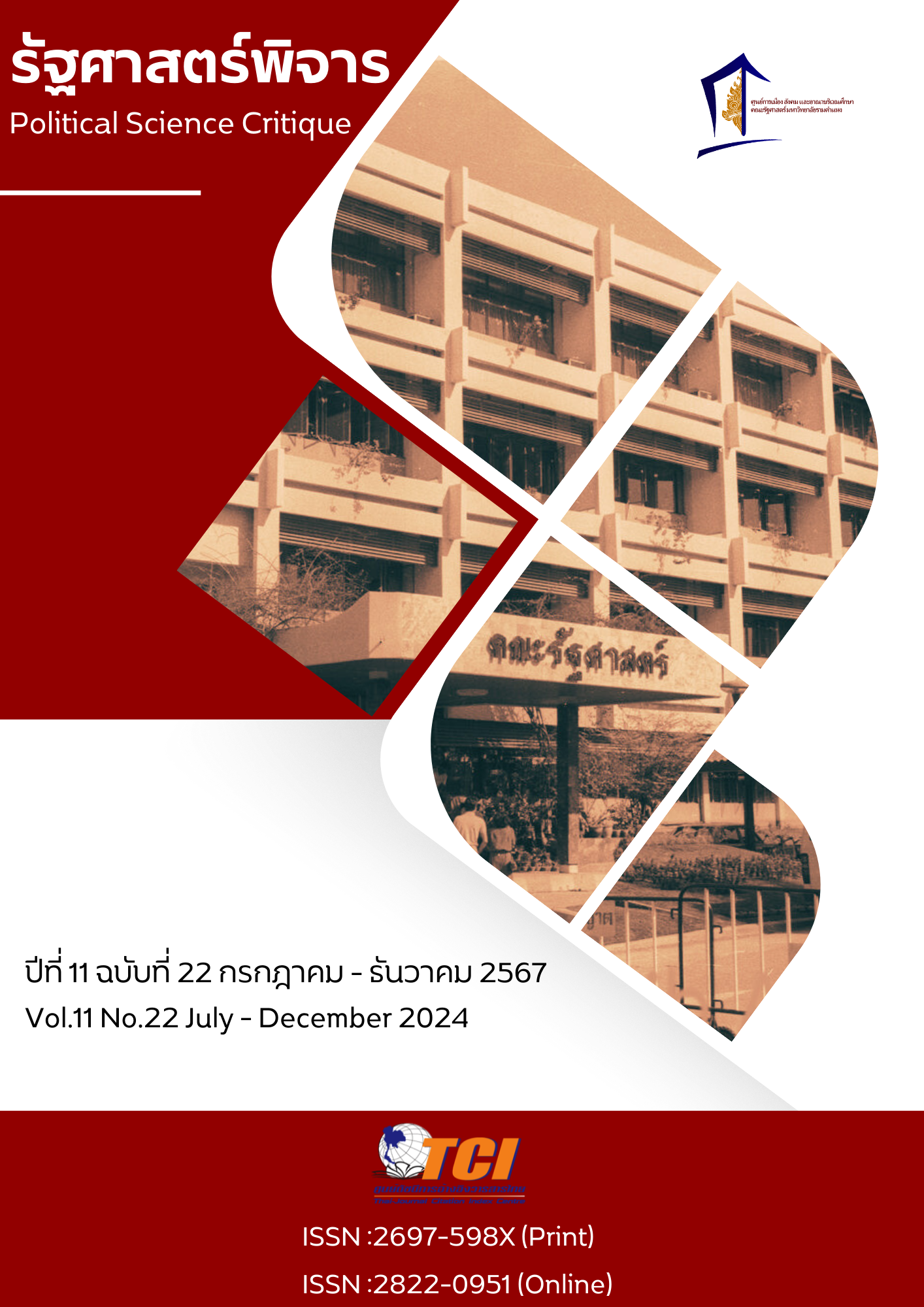The establishment of a system of rights under divine destiny: Traces of Indian philosophy in Hegel’s Philosophy of Right
Keywords:
Hegel, Philosophy of Right, Mahabharata, Bhagavad-GitaAbstract
This study explores the influence of Indian philosophy on Hegel's Philosophy of Right and examines it within a Western context. The paper compares Indian philosophy with Hegel's philosophy in three key areas: 1) Abstract right and property, 2) Morality, and 3) Ethical life. The findings suggest that there are notable similarities between Hegel's Philosophy of Right and Indian Brahmanical thought.
References
Bayly, C. A. (1999). Caste, Society and Politics in India from the Eighteenth Century to the Modern Age. Cambridge University Press.
Bilimoria, P. (1996). Indian philosophy in English: From renaissance to independence. Routledge.
Buhler, G. (Trans.). (2012). The Laws of Manu. Library of Alexandria.
Chakrabarty, D. (1992). “Postcoloniality and the artifice of history: Who speaks for “Indian” pasts?.” Representations, 37(1): 1-26.
Chakrabarty, D. (2000). Provincializing Europe: Postcolonial Thought and Historical Difference. Princeton University Press.
Chatterjee, B. C. (1906). Anandamath. S. K. Lahiri & Co.
Chatterjee, P. (1993). The Nation and its Fragments: Colonial and Postcolonial Histories. Princeton University Press.
Doniger, W. (1995). Other People's Myths: The Cave of Echoes. University of Chicago Press.
Fanon, F. (1963). The Wretched of the Earth. Grove Press.
Hatcher, B. A. (2005). “Eclecticism and modern Hindu discourse.” Journal of the American Academy of Religion, 73(4): 1043-1068.
Hegel, G. W. F, Houlgate, S. & Knox, TM. (2008). Outlines of the philosophy of right. Oxford University Press.
Hegel, G. W. F. (1970). Lectures on the Philosophy of Religion. University of California Press.
Hegel, G. W. F. (1971). Lectures on the Philosophy of World History. Cambridge University Press.
Hegel, G. W. F. (1975). Lectures on the History of Philosophy. University of Nebraska Press.
Kusalasai, Karuna-Ruangurai. (2009). Mahabharata. Siam.
Promtha, S. (Trans.). (1999). BhagavadgiTa. Siam
Said, E. W. (1979). Orientalism. Vintage Books.
Searle-Chatterjee, M. (2002). Indian Philosophy and the Consequences of Knowledge. Routledge.
Singh, N. K. (2009). Hegel on India. New Delhi: Oxford University Press.
Spivak, G. C. (1988). Can the subaltern speak? In Nelson, C. & Grossberg, L. (Eds.), Marxism and the Interpretation of Culture (pp. 271-313). University of Illinois Press
Viswanathan, G. (1998). Outside the Fold: Conversion, Modernity, and Belief. Princeton University Press.
Downloads
Published
How to Cite
Issue
Section
License
Copyright (c) 2024 Political Science Critique

This work is licensed under a Creative Commons Attribution-NonCommercial-NoDerivatives 4.0 International License.
All contents and information in the manuscripts published by Journal of Political Science Critique are the authors’ opinions; thus, the authors take sole responsibility for any contents. The editorial board does not agree with or accept responsibility for the manuscripts.
All published articles, information, contents, pictures, or other things in Journal of Political Science Critique are Copyright by the Journal. All Rights Reserved. All contents may not be copied or duplicated in whole or part by any means without the prior written permission of Journal of Political Science Critique.



